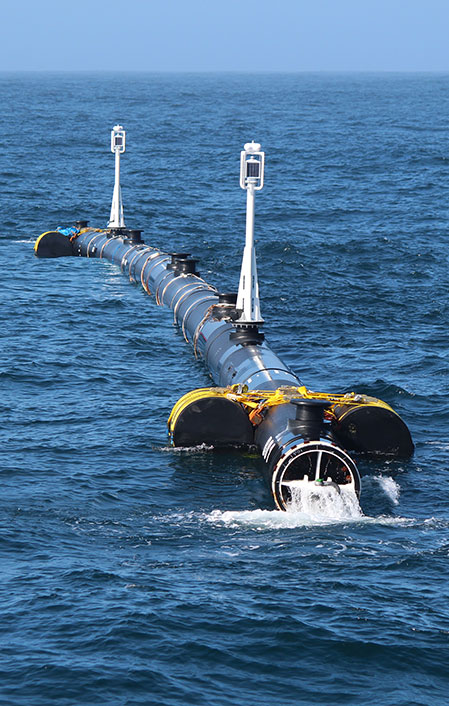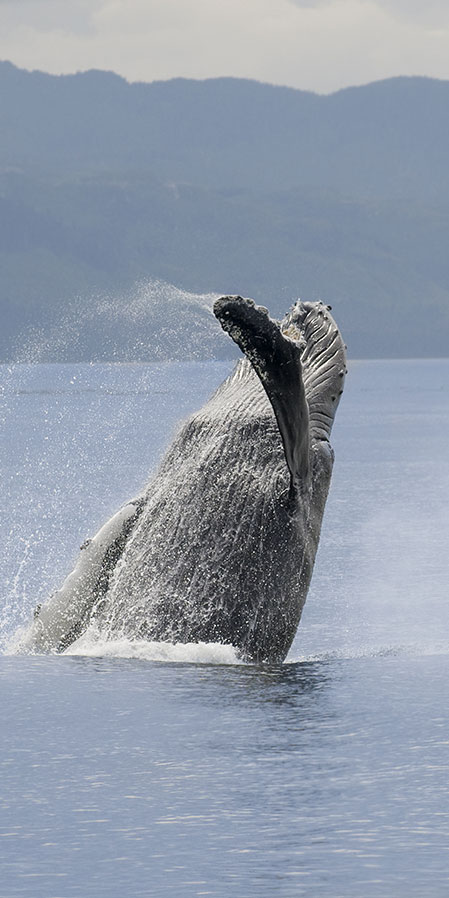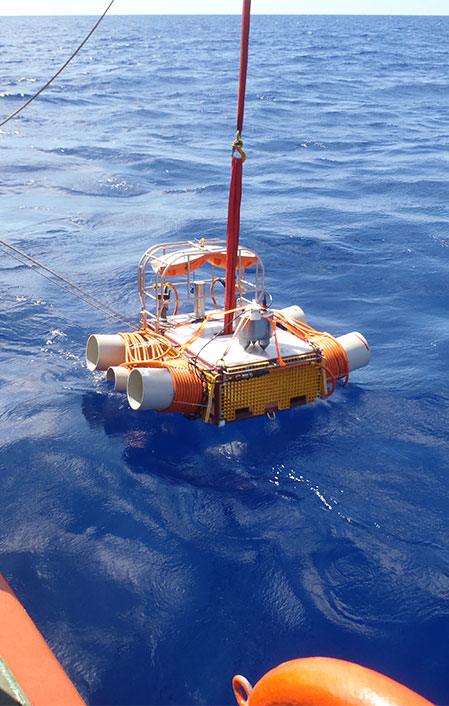CSA Ocean Sciences Inc. continuously improves ocean sound and marine life assessment capabilities as technologies continue to advance. We offer fit-for-purpose solutions to the marine environment by investigating sources of sound and their potential impacts.

Acoustic Services
Regardless of sound source type—biological or anthropogenic—CSA’s technical expertise enables us to provide a variety of acoustic services:
- Professional and highly skilled acousticians with 24/7 mitigation consultancy
- Acoustic modeling and algorithm development
- Acoustic measurements and sound source verifications
- Sound source characterization and noise footprint analysis
- Sound exposure modeling
- Assessment of masking and cumulative impacts
- Rapid analysis of archived acoustic data from any source
- Auto-alert messaging of vocalizations or noise exceedences through our propriatery iPAM system
- Remote Passive Acoustic Monitoring (PAM) through real-time monitoring system
- Towed PAM systems for mitigation compliance with protected species
Fit-for-Purpose Approach
CSA’s fit-for-purpose approach combines the scientific expertise of Ph.D.-level biologists, oceanographers, and acousticians; field experience of a full-service marine operations department; and the project support of risk assessment, permitting, and compliance specialists. We can offer ocean sound solutions for any phase of operations that minimize operational downtime while maintaining full compliance with regulations. We specialize in the delivery of turn-key ocean sound and marine life consultancy from pre-project planning (including risk assessment and stakeholder consensus-building) to the final assessments with key deliverables (including geo-portal and secure web-based client data access). We leverage our field expertise with engineering and systems partners to provide the most current and effective technologies.
We have deployed towed, buoyed, and moored autonomous acoustic systems worldwide for baseline surveys, mitigation, sound source verification, and long-term ecological monitoring throughout the world. One of the most effective methods of reducing project risk is the deployment of acoustic recorders as baseline and long-term observatories. Baseline studies are a key environmental component of any project. Collection of acoustic data before, during, and after an operation allows an unbiased sampling of the biological and anthropogenic activities in the region. New advancements can provide these data in near real time during critical operation phases, and archived data can provide a full assessment of the acoustic ecology along with standard water quality and oceanographic measurements. This environmental “node” approach can easily be integrated with existing operations or equipment deployment to minimize costs of deployment, servicing, and retrieval and provides the operator with a rich data source that more accurately describes noise contributions over an entire habitat as well as the activities of marine species.


Baseline Surveys
- Ambient noise levels
- Pre-operation conditions
- Pre-operation species, behavior, and distribution
- Acoustic archive
- Additional sensors
Pre- To Post-Project Monitoring
- Change detection
- Identification of sound source contribution
- Soundscape characterization
- Model verification
- Species behavior and distribution throughout the project history
- Regulatory/Stakeholder impact assessment

